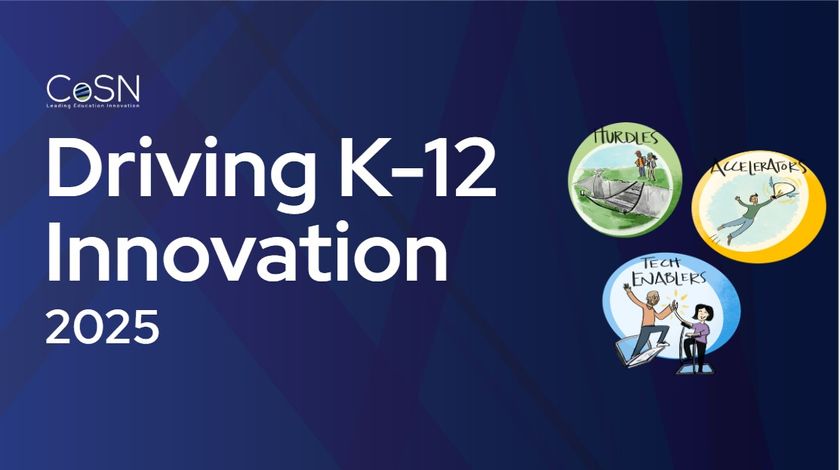Grant Guru Tip #12 by Gary Carnow: Managing Time Commitments and the Writing Process
Writing a grant proposal, even with an effective grant team, is a daunting exercise in time management. Writing always takes longer than you plan. Writing is a time consuming process. Don’t rush yourself. No matter how much time you think a writing project will take, double it, and then plan your time accordingly. People who write grant proposals tend to be very busy people. The grant proposal cycle inevitably will occur during a hectic period of many commitments. You only have 168 hours in a week; so creating a game plan will be the only way to make it through the process.
The actual grant writing takes place after you and your team have established your goals and objectives for your identified needs. You have researched your subject and identified your potential partners. You have gathered your baseline data and inventoried your school or district as appropriate. You have identified solutions and outlined your project activities. You and your team can agree on the problem (need). You know how you plan to go about solving your problem (objectives based on your needs). You have developed methods (activities) that will move you from a problem to a solution. And you have thought through how you plan to evaluate your program and what kind of budget will be needed.
It’s not uncommon to feel frozen in place at this point in time. Even though you have done all of your homework, the request for proposal (RFP) may be intimidating. Your narrative may be limited to twenty pages, double-spaced, but the RFP itself may be close to one hundred pages. Copying the RFP so that you can highlight and read often is important. I really never fully understand the RFP until after the proposal is written. I know that may sound strange, but you will know what I mean when you complete a grant proposal.
The best way to begin, is to begin. Just start. Start by creating a to do list – which part of the proposal will you do first? Which part is better put off for another time? Are you the kind of person that works better from an outline? If so, create an outline first. For me, creating the budget first is like creating an outline. It let’s me know how far the money will go. With practice, you will get good at turning grant activities into line items on a budget. I have never found a grant writing book that tells you to start with the budget, but for me, it works ever time. After I complete a draft of the budget, I like to begin with an easy part of the proposal. What is easy for me may not be easy for you. So look through the RFP and the scoring rubric (if available) to help you put order to your writing. After I get a piece of the project completed, I try to tackle what I perceive to be a more difficult section.
Develop blocks of time to write that works with your schedule. Plan time allotments. Some people do better working in one-hour blocks. Other people like to charge through and work until they finish a section of the proposal. Determine how long you like to work before taking a break. Taking breaks is very helpful to your overall writing progress. During your break time your mind gets a chance to see things differently. When you return to your proposal, you are refreshed and ready to tackle the project with a renewed energy.
Use the RFP as your outline to your writing. Scan the directions to determine the exact number of pages that you are allowed to use. In some cases, there may be a minimum or maximum number of pages. Also determine the page layout requirements. There may be specifics about the size of the margins and fonts, the text justification, line spacing and page numbering. During the writing of your draft don’t worry about the final layout; you can edit later to make things fit and easy to read.
Some people can make all the plans, outlines, and time allotments and still may have trouble getting started. At times, the project may seem so big that it feels like a black cloud is hovering over your head. Procrastination sets in. The deadline looms. All human beings procrastinate. Procrastinators tend to be self-critical. Some people that procrastinate are fearful of failure.Others are fearful of success. Others feel that to write well, they must have all of the information about their topic and must have writing conditions that are optimal. Challenge these thoughts, in reality there is never a perfect place, time or topic. Do what you need to do to get unblocked. Ask for help, break it down into smaller parts and challenge your reasons for delay. Go back to your writing outline. Make some progress every day, even if only for a short block of time.
Tech & Learning Newsletter
Tools and ideas to transform education. Sign up below.
Some people like to create incentives to assist them in their writing. Reinforce your progress by taking advantage of a self-imposed incentive. For example, if I am able to work without interruption for two hours, I will reward myself my taking a fifteen-minute break to play Tetris on my computer. Create incentives that will work for you.
Next week we will begin to look at the kinds of grants that are out there and begin a grant writing journey by starting small.
Dr. Gary A. Carnow serves as the Director of Technology and Information Services for the Alhambra Unified School District. Dr. Carnow is the co-author of two software products published by Knowledge Adventure. He is also the co-author of three books, Prolific Thinkers (1986, Dale Seymour Publications), Software-in-a-Book: The Cruncher (2001, Teacher Created Materials), and Software-in-a-Book: KidWorks Deluxe (2001, Teacher Created Materials). He has authored numerous publications and learning resources for Apple, IBM, Scholastic, and others.










